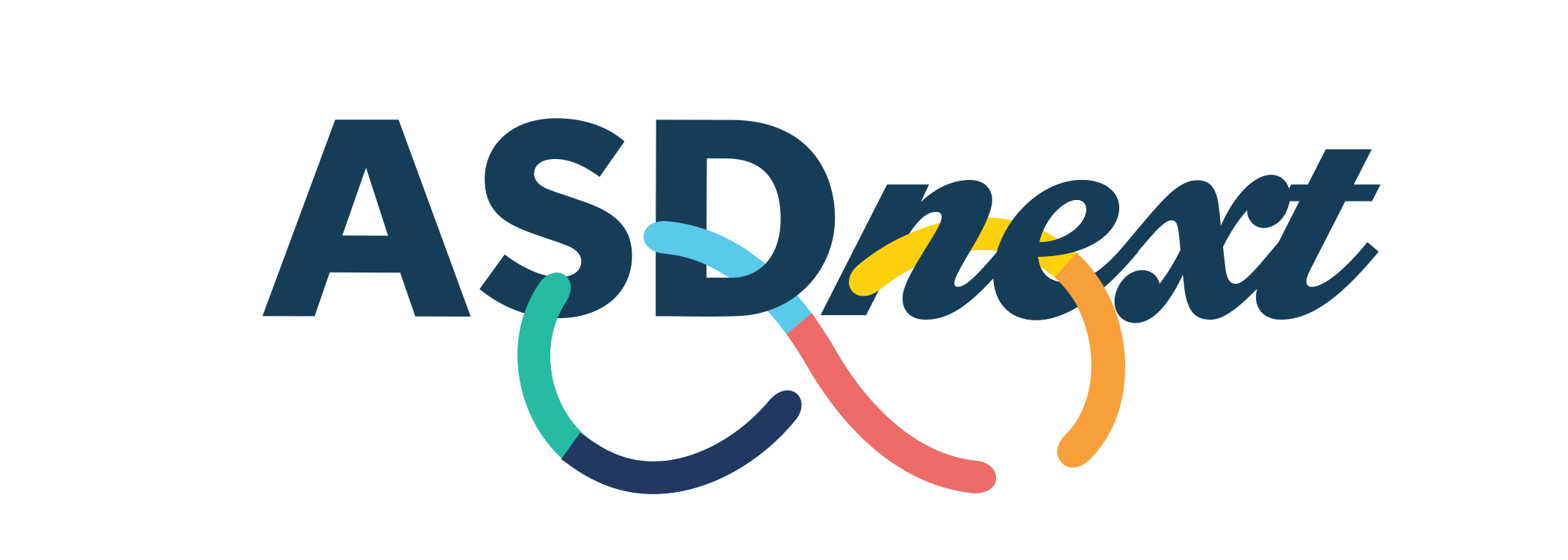Presented by Jonathan W. Ivy, Ph.D., BCBA-D
Applied Behavior Analysis (ABA) offers solutions to many pressing problems of human behavior. Although the prevalence of ABA-based interventions has increased – especially in the area of autism services, there are many barriers to implementation. This presentation will provide attendees with the conceptual and philosophical foundation of ABA. Additionally, common misconceptions of ABA and barriers to ABA-based programming will be discussed along with potential solutions. This presentation is designed for those who are new to ABA and those who are familiar with ABA methods and techniques. If time allows, there will be an opportunity to ask questions of the presenter regarding implementation of ABA.
Presented by Peter Gerhardt, Ed.D.
During this keynote session, Dr. Peter Gerhardt will present a comprehensive and lively overview of the issues people with autism face regarding sexuality. Dr. Gerhardt will share perspectives, recommendations and helpful resources to educate people on the challenges faced by the autism community and how to help individuals learn about their sexuality.
Presented by Robert Naseef, Ph.D.
The challenges of autism impact the stages of family life in significant ways. Understanding the landscape is vital to enhancing the effectiveness of service providers for adults with autism. The whole family can be immobilized by unrelenting stress. Parents, siblings, and grandparents bring different perspectives along with strengths and challenges. This presentation provides insight and coping strategies that providers can utilize to maximize their effectiveness.
Presented by Valerie Paradiz, Ph.D.
Valerie Paradiz speaks about the many strengths that people with autism possess and about their significant cultural contribution to society. Referring first to historical role models, such as Howard Hughes and Vincent van Gogh, Dr. Paradiz shines light on the relevance of the phrase "Don't dis my abilities!” demonstrating that all people with autism can be contributors in their communities and have meaningful relationships. Providers have a critical role in supporting individuals to realize their goals. This session includes an introduction to assessment tools and other supports for development of individual service plan goals that foster successful relationships with partners, family members, providers and employers.
Presented by Isabelle Hénault, Ph.D.
This session qualifies for BCBA continuing education and for ACT 62 BSL training hours (3 hours of Skill Deficits).
Recent years have seen rapid development of interventions for ASD and AS. However, there are very few programs that address interpersonal relationships and sexuality. Utilizing case illustrations and examples, this presentation will elaborate on strategies to improve the social and sexual skills of adolescents and adults with ASD. The following topics will be addressed: friendship (personal values and personality factors); emotions (expression and recognition); communication (verbal and nonverbal, “Theory of Mind”); sexual behavior (enhancing appropriate behaviors, sexuality and the law) & intimacy (relationships, affection)
Presented by Bev Frantz, Ph.D.
Sexuality is a natural and integral part of life. We’re all sexual beings. However, individuals with autism often have difficulty understanding social/ sexual nuances and etiquette, which may cause them to feel frustration, confusion, and possible problematic sexual behavior. This workshop is designed to provide skills for supporting individuals with autism who are struggling to navigate the social roadmap for building meaningful relationships. It will also address how our “silent assumptions,” influence the manner in which social/sexual information is provided and the impact that has on individuals with autism.
Presented by Julia Bascom
Supported Decision-Making gives people with disabilities the help they need to make choices about their own lives. These choices could be about where to live, what to do during the day, how to spend money, or when to see a doctor. Everyone needs supports to make decisions. But people with autism may need more or different kinds of supports. The Deputy Executive Director of the Autistic Self Advocacy Network (ASAN), Julia will discuss supported decision-making strategies to increase the independence of people with disabilities, and discuss the legal ramifications of guardianship and how it may limit their choices.
Presented by Michele Angello, Ph.D.
Michele Angello, Ph.D. works with gender-variant and transgender youth and adults. Sixty percent of Dr. Angello’s clients represent children and adults on the autism spectrum. She offers individual, group and family therapy, as well as corporate education and training on a variety of issues of sexuality. She has presented internationally on her work with transgender youth, and the growing number of gender nonconforming employees within the workforce. During this session, she will share strategies and considerations gleaned through her work with people dealing with issues of sexual orientation, alternative lifestyles, transgender youth and adults, as well as individuals who identify as gender queer. Dr. Angello’s informative approach will educate attendees with the intent of enhancing relationships, promoting positive terminology and more. In her presentation Dr. Angello will cover: the transgender spectrum: from language to pronouns; promoting healthy relationships amongst co-workers, peers and employers; and factors that contribute to the mental health and stability of transgender people.



